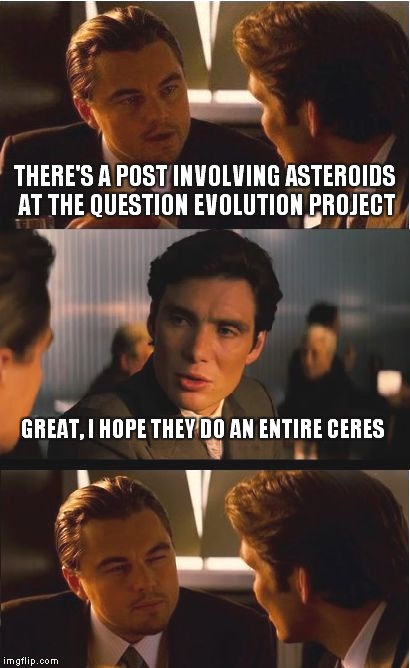Further Findings Fluster Space Scientists
Mankind has always wondered about what's up yonder in the night sky. Hans Lippershey patented the refracting telescope, and it was tweaked by other early astronomers. The wonder increased as celestial objects were brought into focus (heh!), Isaac Newton made a practical reflecting telescope, others kept on improving until we got to the huge telescopes in observatories. Not good enough, we had to put the things up into the final frontier. Also, we sent probes to other planets so we could get a gander at them from images sent back.
But you know us, we still want to know more. Improvements in technology have led to better telescopes and more ambitious space probes. Unfortunately for long-age astronomers and cosmologists, the more we learn about the universe, the more it acts far younger than they want it to. Our solar system is also recalcitrant toward secular views, as more questions are raised than answered.
Now we are learning that Mercury has huge cliffs, asteroids Ceres and Vesta are not acting they way they're supposed to, the rings of Saturn were troublesome enough to try to explain (lousy explanations, by the way). Yes, plenty of things are troublesome to secularists, but biblical creationists are not at all perplexed — probably because they don't reckon to make excuses for when the data show a young, recently-created universe after all. You can read about these items and more by clicking on "Solar System Puzzles Needing Explanation".
